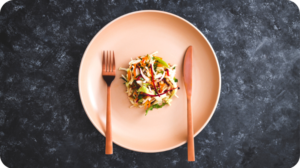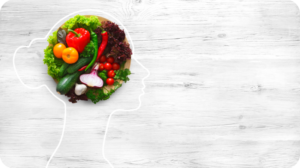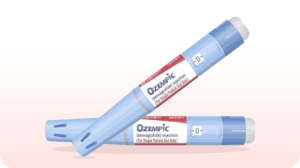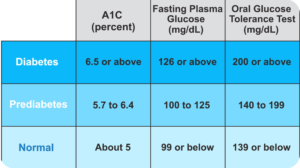Inflammation is the body’s response to trauma, whether that takes the form of injury, sickness, or an environmental threat such as a toxin. The condition is a normal part of healing and should be temporary. Unfortunately, a number of factors contribute to widespread chronic and abnormal inflammation among people in today’s world. Chronic inflammation, in turn, either causes or exacerbates unhealthy conditions and illnesses. Fighting inflammation is consequently the first line of attack in preventing or treating a range of diseases and conditions.
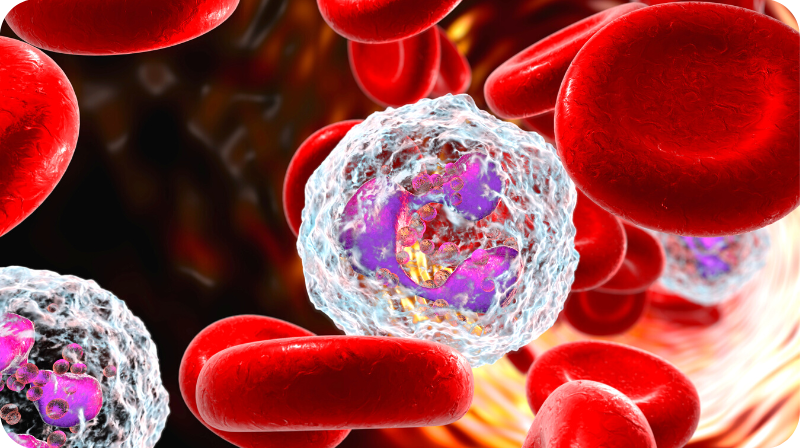
That is no small list. Inflammation is key factor in the pain and worsening of auto-immune diseases from fibromyalgia to rheumatoid arthritis. Inflammation is also a major contributor to the devastating effect of cardiovascular diseases, and may even play a role in the incidence and severity of some cancers.
Although inflammation itself is often treated with powerful steroids, those medications come with severe side effects. Fortunately, simple, natural lifestyle factors can have a profound anti-inflammatory effect throughout the body.
The Anti-inflammatory Lifestyle
Most lifestyle changes that reduce inflammation also improve general health and even increase baseline happiness. These aren’t difficult to implement and can pay big dividends.
- Eat to reduce. There are many long recognized anti-inflammatory foods. But start with what to avoid: processed and fast foods have been conclusively linked to increased inflammation. Edit these out of your diet as much as possible. Then increase the amounts of proven inflammation fighters such as: extremely colorful fruits and vegetables like blackberries, heirloom tomatoes, and yellow and orange bell peppers. Up your intake of green tea, and eat more fatty fish such as salmon (fish oil supplements do not offer the same range of benefits).
- Spice it up. Strongly flavored spices have long played a medicinal role as inflammation fighters. Regularly add turmeric, ginger, and cinnamon to cooked and baked dishes.
- Sleep it away. Deep, rejuvenating sleep is an incredibly powerful way to reduce inflammation and repair its damage. Refine your sleep hygiene to reduce light from electronics in the bedroom or at bedtime, keep a regulated sleep-and-wake schedule, and don’t consume caffeine, sweets, or alcohol within four hours of going to bed.
- Boost exercise. This doesn’t mean you have to get into a gym routine; staying active is the best type of fitness. Consider using your smart phone or pedometer to count steps—shoot for 10,000 in a day but celebrate any day of more than 5,000 steps.
Inflammation reduction is a great place to start in treating any disease or just establishing good general health. Start making changes sooner rather than later because the damage from inflammation tends to compound over time.

